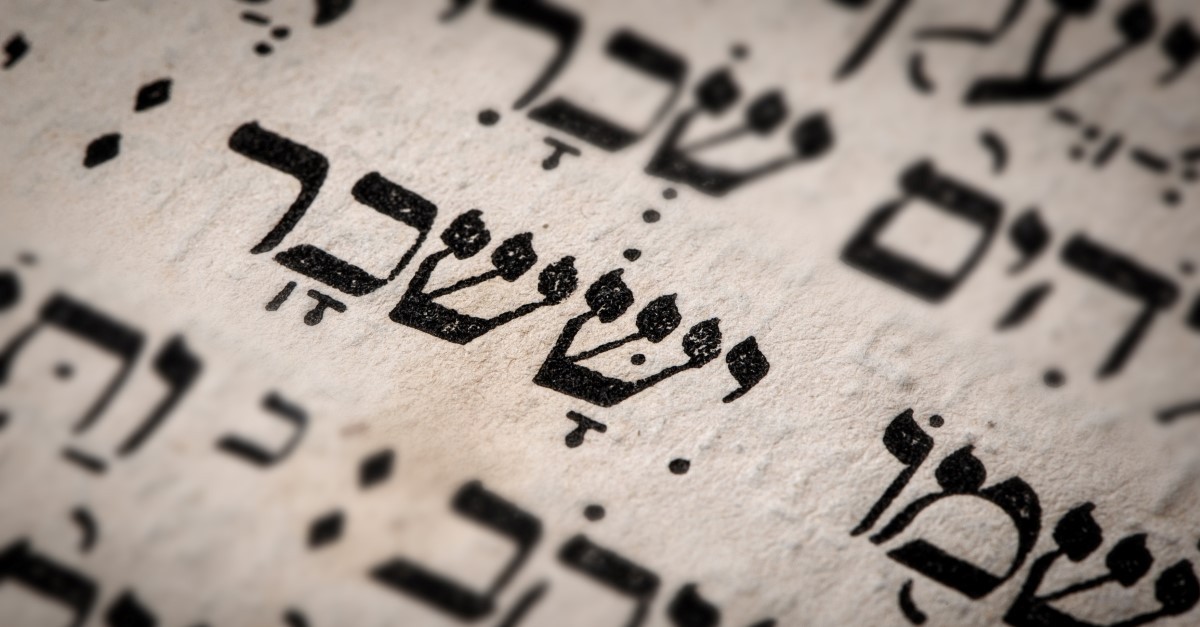The Torah has two senses. In one sense, it refers to the Bible’s first five books. In the second sense, it refers to God’s all-important Law: that is, the Ten Commandments handed to Moses on Mt. Sinai and then to the Jews beyond the mountain’s base.
As Moses prepared the people to enter the Promised Land, he gave them the words of God, “You shall diligently keep the commandments of the LORD your God, and His testimonies and His statutes, which He has commanded you” (Deuteronomy 6:17). The people were answerable for following the Law and for teaching it to their children (Deuteronomy 6:7).
God’s law is good; the problem is that sinners cannot keep it. It’s impossible for humans to obey it perfectly; instead, the law serves to reveal sin (Romans 3:20; Galatians 2:16).
The Law was wholly applicable to the people then, and it has not ceased to be of supreme importance to us. As the Last Adam, Jesus, our perfect Savior, fulfills the Law and the Prophets (Matthew 5:17-20; Romans 10:4). In other words, Jesus fulfills all the Old Testament foretold from the Law to the Prophets. Jesus alone perfectly obeyed God’s law so He could impute His righteousness to us when He died in our place on the cross and rose on the third day.
As Prophet, Priest, and King, Jesus is our perfect law, Savior, and Lord—standing above all the prophets and perfectly able to dispense and adjudicate the Law as Judge (Revelation 19:11-16).
Photo Credit:©Getty Images/Volodymyr Zakharov












